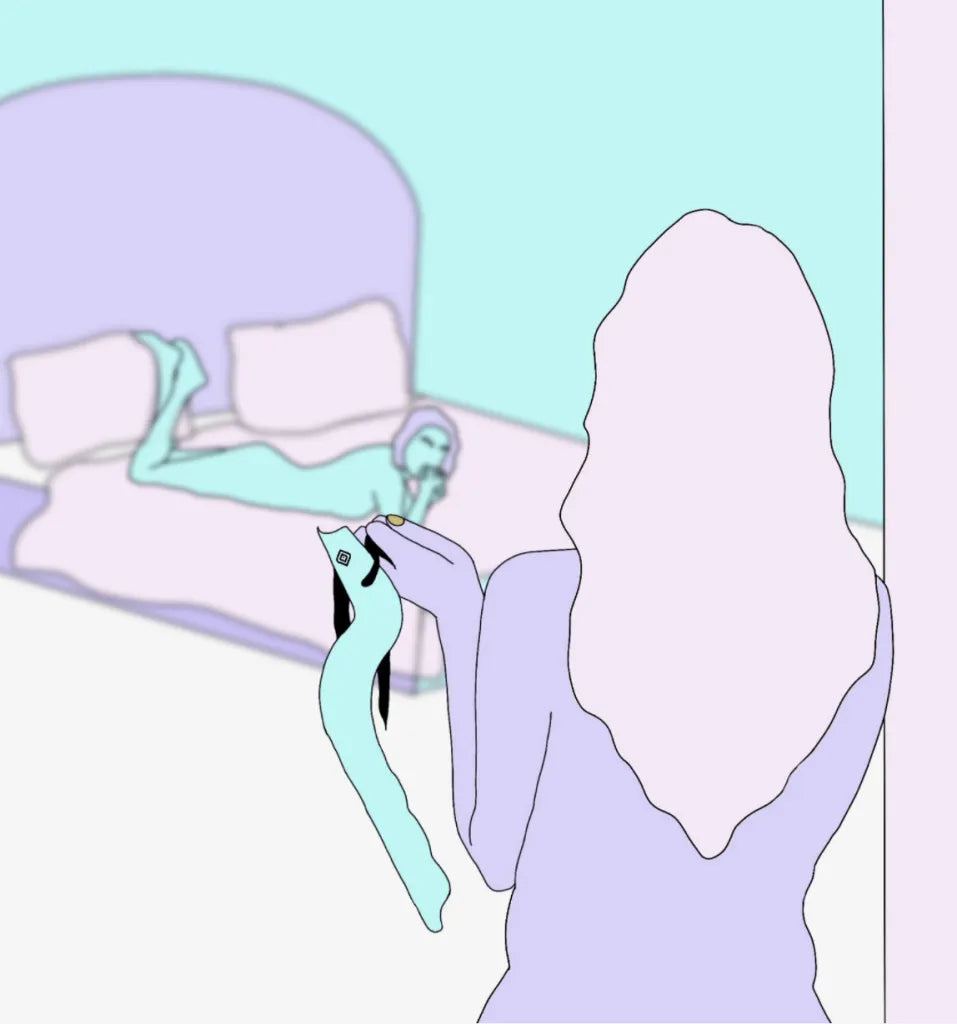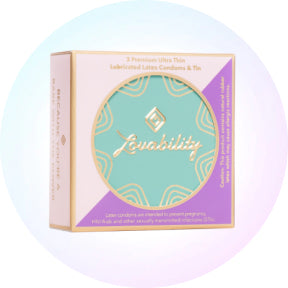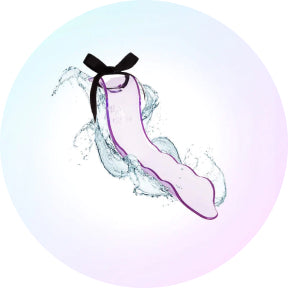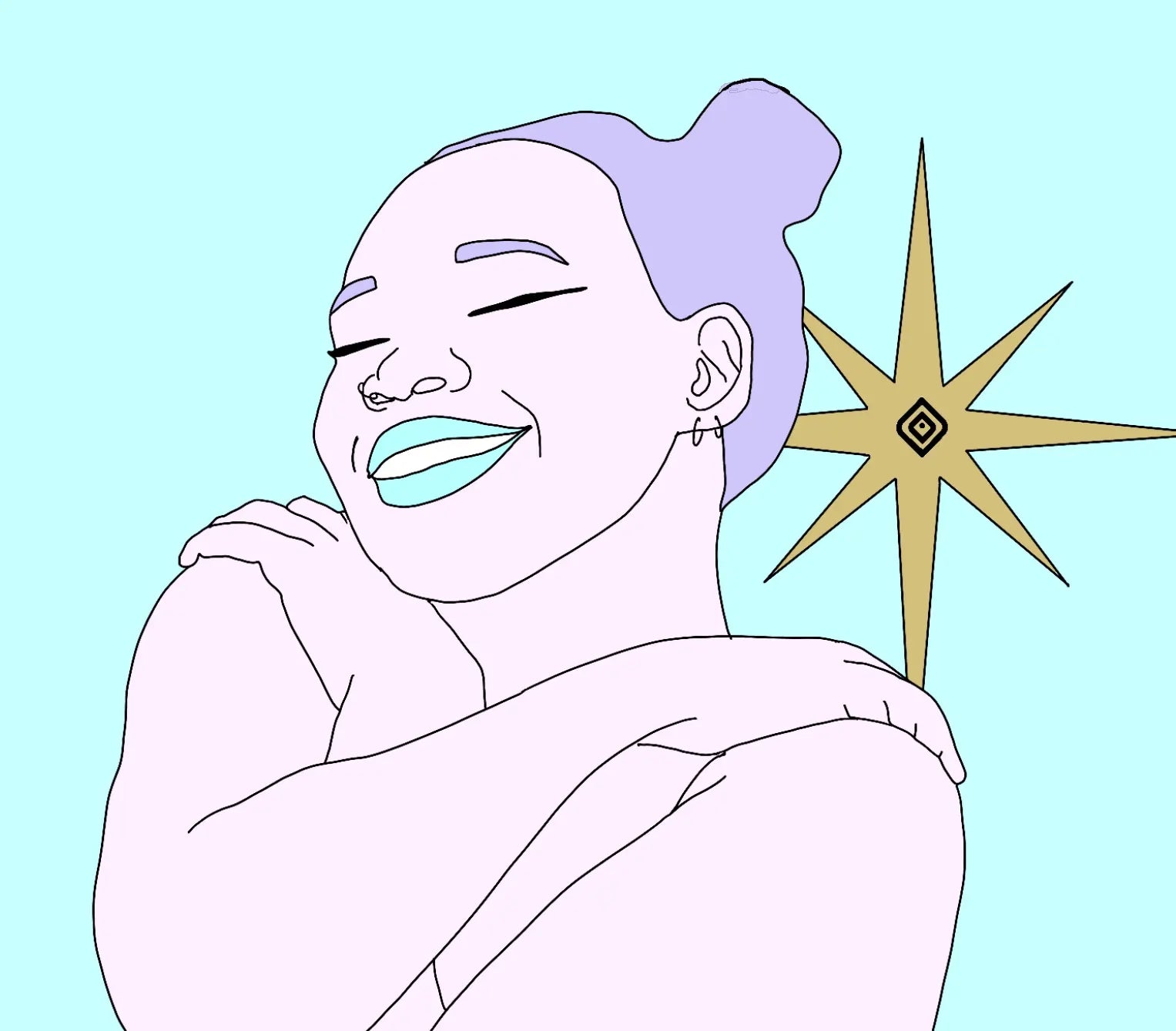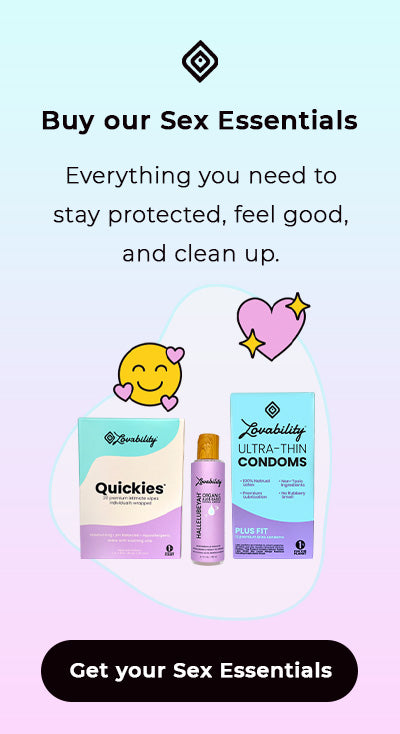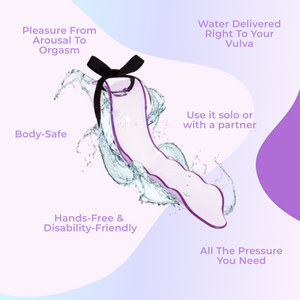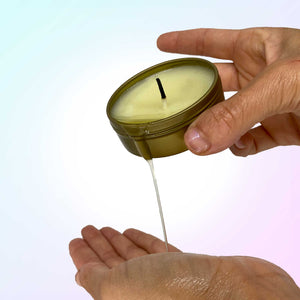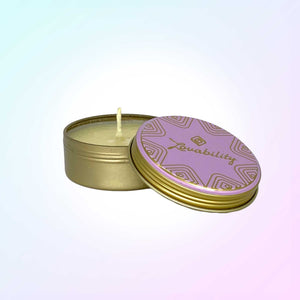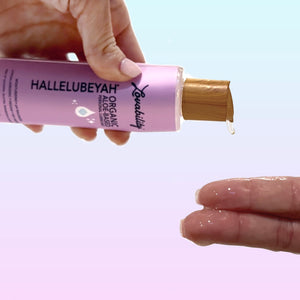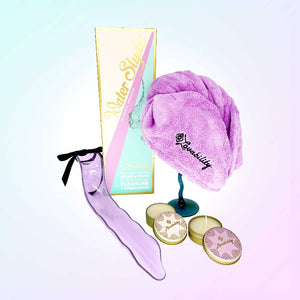Growing up, I didn’t have many friends who came out. People speculated who might be gay, but precious few were openly out in my rural, English countryside high school. It wasn’t until university that I met people who were proudly out to their family and friends. I felt in awe of these people. But none of them were bisexual.
My Bisexual Journey
I didn’t even know bisexuality was a thing until my late-teens. Until then, I thought of sexuality in black and white: you were either gay or you weren’t. I don’t remember when I first came across the description of bisexuality, but I remember that it was the first time I realized that I wasn’t alone, and that being attracted to men and women was actually a thing.
Age Of Coming Out: Trending Younger
Pinpointing an age that I realized I was into girls is tricky. But I would guess that I was somewhere between the ages of 11-13 when I recognized what I was feeling. The shame I felt can only be attributed to being so young and not having a lot of information around me that I could turn to. In LGBTQ+ youth, the average age of coming out is decreasing. In a key study from 2010 in the US, the average age of coming out was at its lowest ever age of 16 years old – almost an entire decade younger than previously recorded.
A study from 2018 comes to the same conclusion about this age trend. It shows that on average, Baby Boomers realized they were LGBTQ+ at 20 years old and came out at 23. Comparatively, Millennials realized at 16 and came out at 18. This decrease is attributed mainly to the media. More recently, Gen-Z have had a wealth of online communications available to them to discover their own communities and find representation and validation for their identities that I never had as a Millennial. It is this lack of information which made me feel like I should be ashamed of how I was feeling.
To Tell Friends Or Not To Tell Friends
I never spoke to any of my friends about being attracted to women for the fear that they might think I was into them, or that I suddenly wouldn’t get sleepover invites. I didn’t want to be that friend – the one that other girls spoke about in hushed whispers behind their hands, moving away from me in the changing rooms. Online communities were in their infancy, and I couldn’t even begin to comprehend how merciless my peers might be if I tentatively admitted that I was attracted to women. Knowing it, however, burned deep inside of me, no matter how much sand I tried to throw on the fire.
The University Experiment
At uni, I decided to experiment and explore my same-sex attraction. In my first year I went home with a girl that I met in a club. We had sex and I then slunk out of her house at 4am and declared myself straight the next morning. My exploration into how I felt about women stagnated for a while after this encounter. There was a lot going on. We were both drunk and it was a clumsy but spirited attempt as both of our first times with women. By the time I sobered up, I didn’t know how to deal with the aftermath and I felt a lot of confusion. I was so not ready and I coped with this by another round of repression.
Whatever it was, it ensured that my bisexuality became, once again, strictly confined to my innermost thoughts and fantasies.
A year after this encounter, now nineteen, I moved universities and suddenly found myself in a new city with a new sense of freedom. I felt more like an adult and I felt like now was a good time to tentatively begin exploring my sexuality again. I started talking to women on Tinder, flirting, planning dates, and even making out with women in clubs. I finally felt comfortable enough in my sexuality to come out to my close friends in February of 2016 to a warm and supportive response. But when I went back to my parents’ house in my childhood town, I felt a jarring clash of identities.
Two Versions Of Myself
There was this new version of myself who was openly bisexual at university, and this version of me that my parents saw who had exclusively dated men. I had never even hinted that I might be attracted to women. I wasn’t sure what to do. I was texting a girl I liked, but I rationalized (somewhat defensively) to myself that I didn’t share every fling I had with a man with my parents, so why should it be different just because I was seeing a woman?
Truthfully, I was anxious about the conversation. I didn’t want to have to explain myself because I felt like I shouldn’t have to. So I said nothing.
Being Bisexual In The LGBTQ+ Community
As I became more aware of the bisexual community and it’s place in the LGBTQ+ space, it felt harder to come out. From people I spoke to and off-handed comments online, it seemed like bisexuals weren’t taken seriously, often being treated as college girls experimenting, labelled ‘greedy’ or ‘more likely to cheat’, or seen as being in denial about your identity. Bisexuality was treated almost as a half-way house before you inevitably came out as ‘properly’ gay. I hated all of these insinuations that people knew more about my sexuality than I did.
For the next few years I had casual flings with women in between my long term ‘straight-passing’ relationships, but nothing was ever that serious. I began to notice in those years that bisexuality was slowly becoming more included. On television, there has been a recent increase in bi characters, like Rosa Diaz in Brooklyn Nine-Nine and Oberyn Martell in Game of Thrones. I love seeing these figures which I can see myself in. It feels so validating – and I imagine it’s the same for so many other people like me, too.
I'm Engaged. Now What?
I assumed my days of wondering if I would ever publicly ‘come out’ were over once I was engaged, in the most ‘straight-passing’ a relationship can be. I had committed to spending my life with a man so I grappled with what the point would be.
Coming Out Bisexual On Social Media
But September is Bisexual Visibility Month and it felt like the opportunity I had been subconsciously waiting for. And so on the cusp of turning twenty-five, I made a post about being bi and sent it out to the public. It was scary but liberating – this felt like the ‘coming out’ moment I never thought I would have.
So why did I bother to make a public Instagram post when I was engaged, especially after being adamant that I wasn’t going to make a big deal about coming out? Truthfully, as much as I felt defensive over my right to keep it private, I also felt like I had the same right to be public.
Social media is such a huge part of our culture. It has influenced the age trend of young people coming out, and even though I was now older than that average age, I still felt like I was comfortable to share something so personal online. It felt like a safe space to share my identity now that I was so comfortable with myself.
Gaining Strength From My Online Community
The information and representation that I now had access to online helped me work through the feeling of shame that I used to have when I was younger. I felt like I could be true and honest to myself. The reception was positive. There was no dramatic backlash or shocked messages. To most people in my life, this was anything but groundbreaking news.
As much as the post wasn’t for them, it was encouraging nonetheless to have such a good response.
My Learnings: The Power of Self-Love
My journey is one that goes back and forth like a swinging pendulum. I went between men and women, between not wanting to explain my sexuality and then making a public Instagram post. The road to coming out isn’t always linear. I have things that are still unresolved. I can’t pack everything up into a neat conclusion … but that’s okay. You don’t have to have everything figured out. The fun thing about sexuality is that it isn’t black and white. It is fluid, it changes, and it’s messy. But I do know that what helped me was being gentle with myself whilst honoring my truth, and having open conversations.
I still haven’t sat down and had the conversation with my parents. They saw my post on Instagram and reacted positively and have not felt the need to bring it up again. It is hard to open up to people, but know that there is always a community for you and someone to listen at The Trevor Project if you ever need it.
Your identity is yours alone to honor and explore. Coming out comes at a different time for everyone, and under so many different circumstances. So is there any point in coming out when you’re in a ‘straight passing’ relationship? Fuck yeah, there is. If that is what works for you.
About The Author
Based in the UK, Darcy is a BA and Master’s by Research graduate in History specialising in medical history. Her work focuses on violence on the body, the evolution of public views on anatomy, and corporeal metaphors through time. This also includes the presentation of the female body and the expectations of female dignity before public execution. Darcy is also a self-taught digital illustrator and this fascination with anatomy is also found in her work which combines messages of body positivity and female empowerment.
More Articles You Might Love
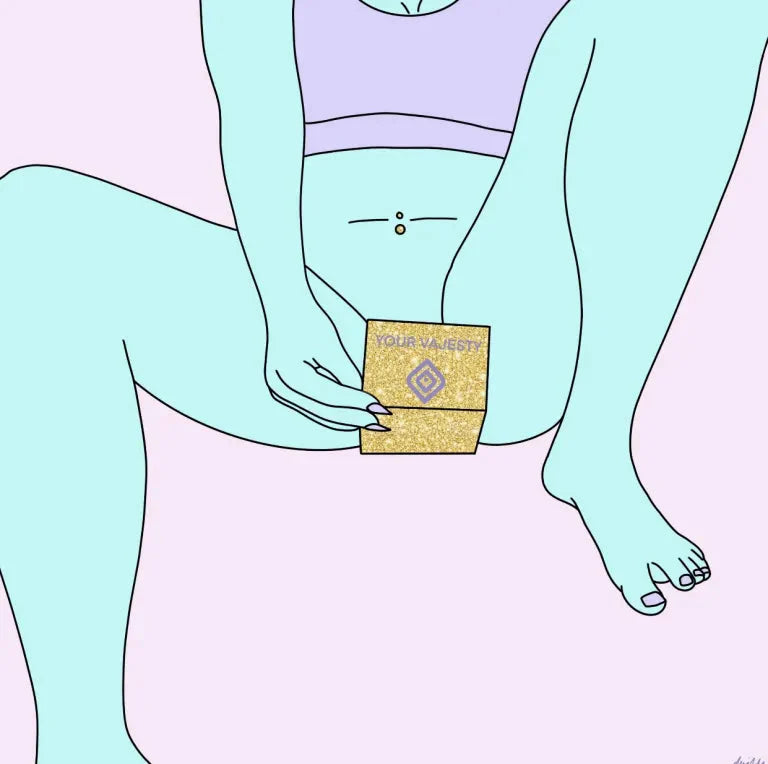
Get To Know Your Vulva
